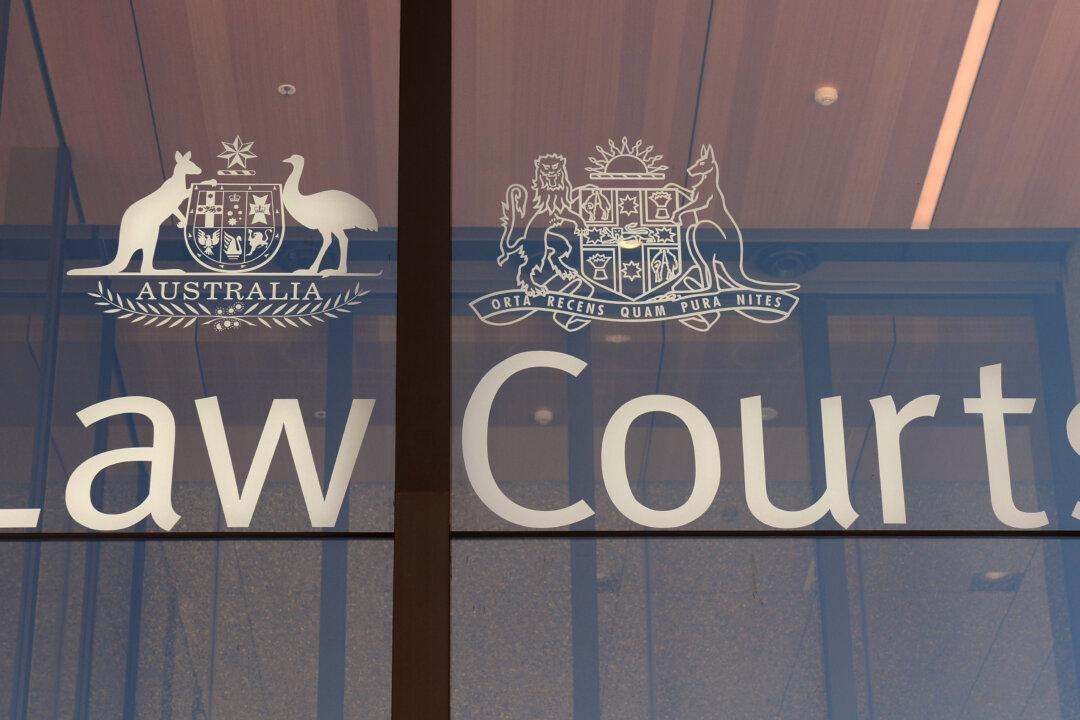Legal bodies and the federal opposition are vehemently opposing a “radical” move to merge the Family Court of Australia with the Federal Court.
One expert however says the merger is a step in the right direction and will provide “considerable benefits” to families navigating the system.





